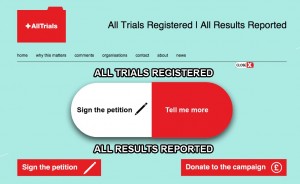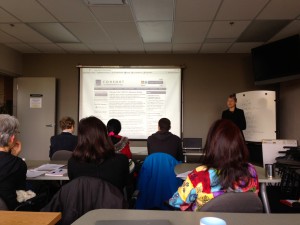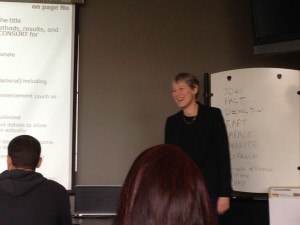2014 Canadian Patient Safety Champion
Oct 30th, 2014 by Martin Dawes
Congratulations: Carolyn is an honary lecturer in our department and I am delighted she has been given this award. It speaks to her commitment and leadership. The Patient Safety Institute writes:
Carolyn Canfield’s discovery of patient safety and quality improvement began following the death of her husband in 2008 from failures in care, eight days after successful surgery. For the past six years she has devoted her efforts to improving the system as a dedicated volunteer to inform and inspire patient engagement in healthcare improvement and to promote patient safety locally and internationally. The Canadian Patient Safety Institute and Accreditation Canada are pleased to recognize Carolyn Canfield as the individual recipient of the Canadian Patient Safety Champion Award for 2014.
What distinguishes Carolyn’s efforts is that her personal motivation comes from her compassion for those providing care and the challenges they face every day. One of her nominee’s, Joanne Archer (BC Provincial Health Services Authority), says that Carolyn honours the professions and acknowledges that healthcare workers are caring people inside a complex, difficult environment. “Carolyn steadfastly focuses her efforts at collaborative system reform and support for, rather than persecution of, healthcare providers,” says Joanne Archer. “Carolyn’s translation of a tragic loss and failed accountability into a passion for patient safety and voluntary career committed to collaboration speaks profoundly of her innate leadership.”
- day’s summary of Canada’s Forum on Patient Safety and Quality Improvement w/photo of individual and organization award winners
- description of the awards
- Carolyn’s profile as Champion







